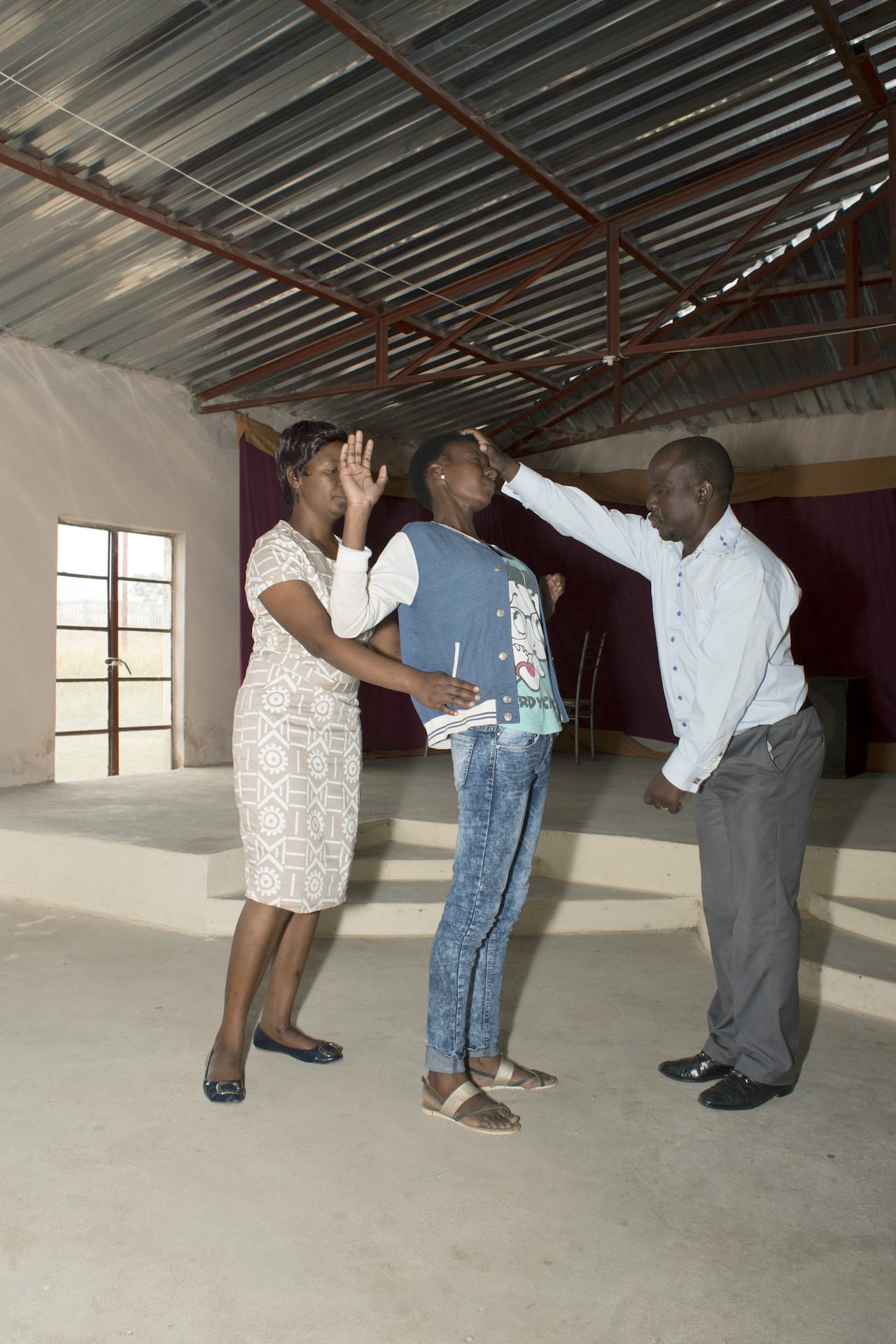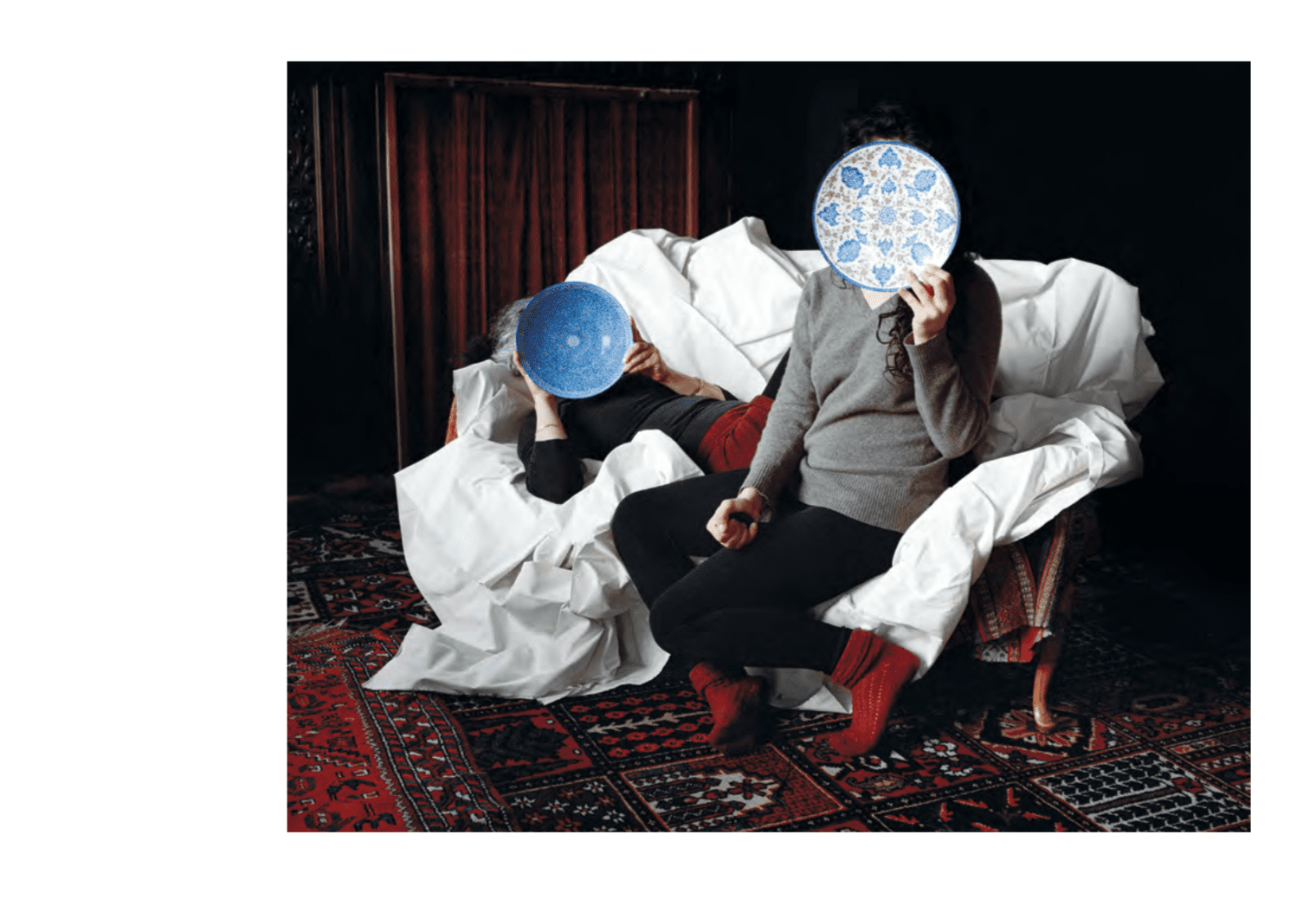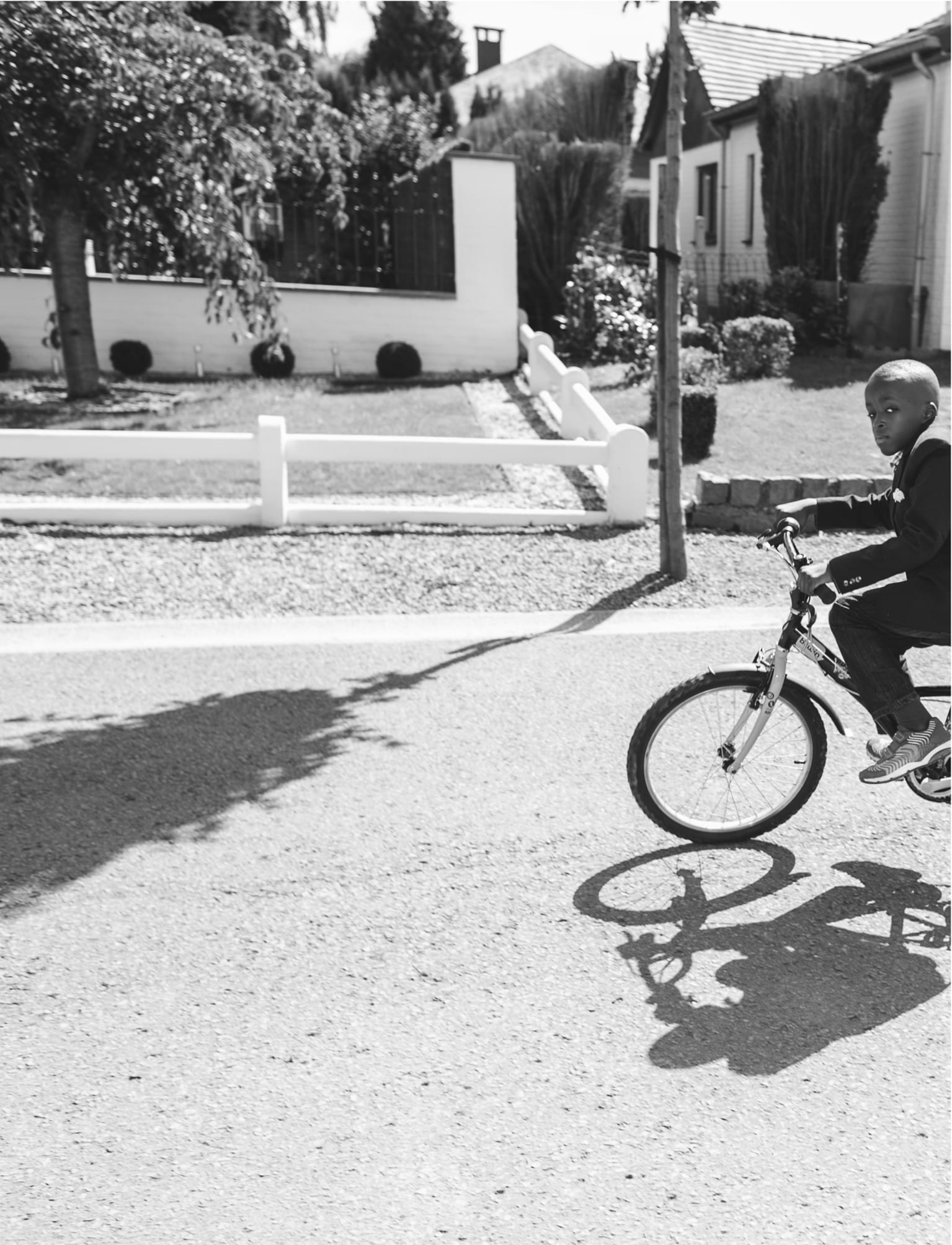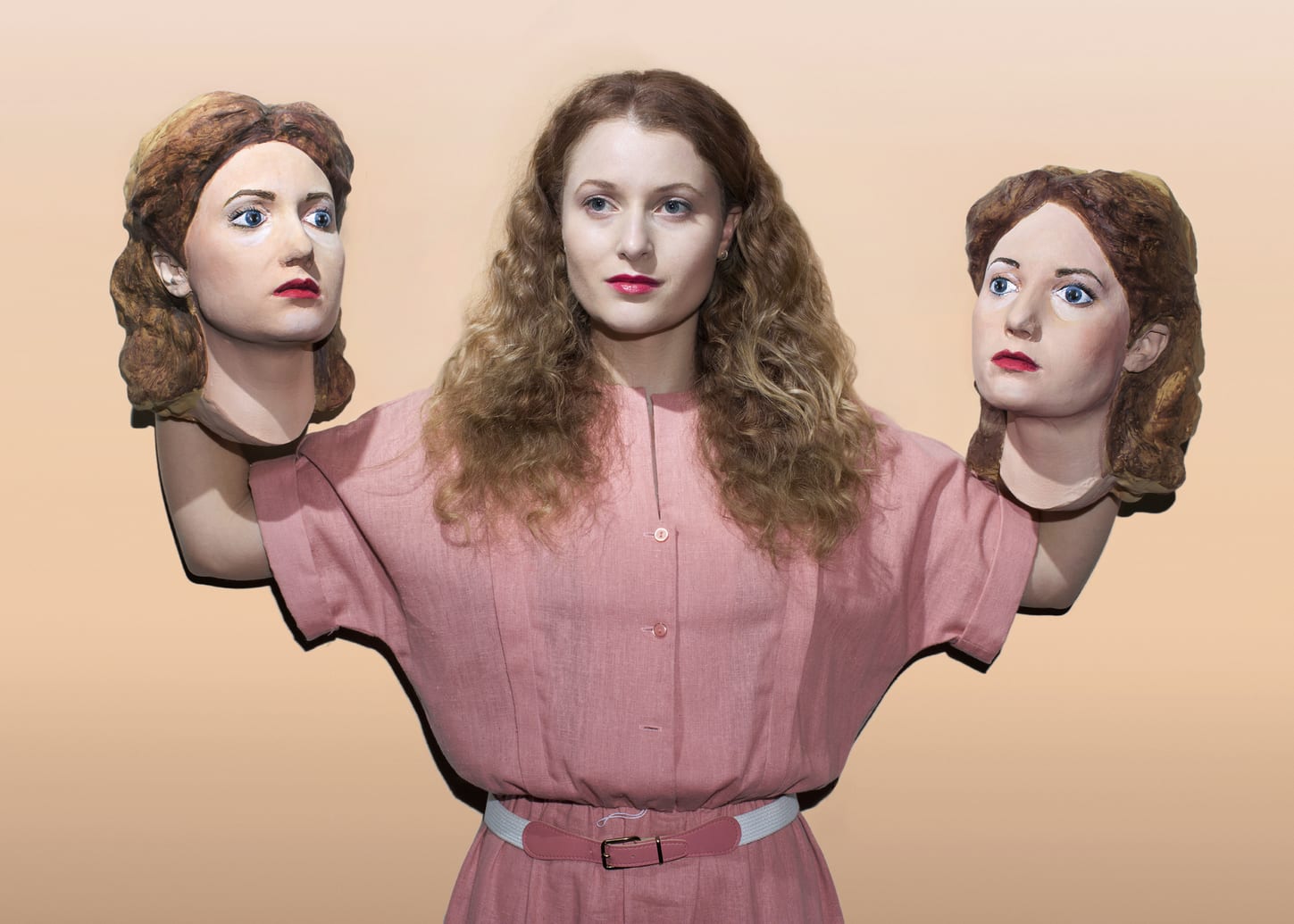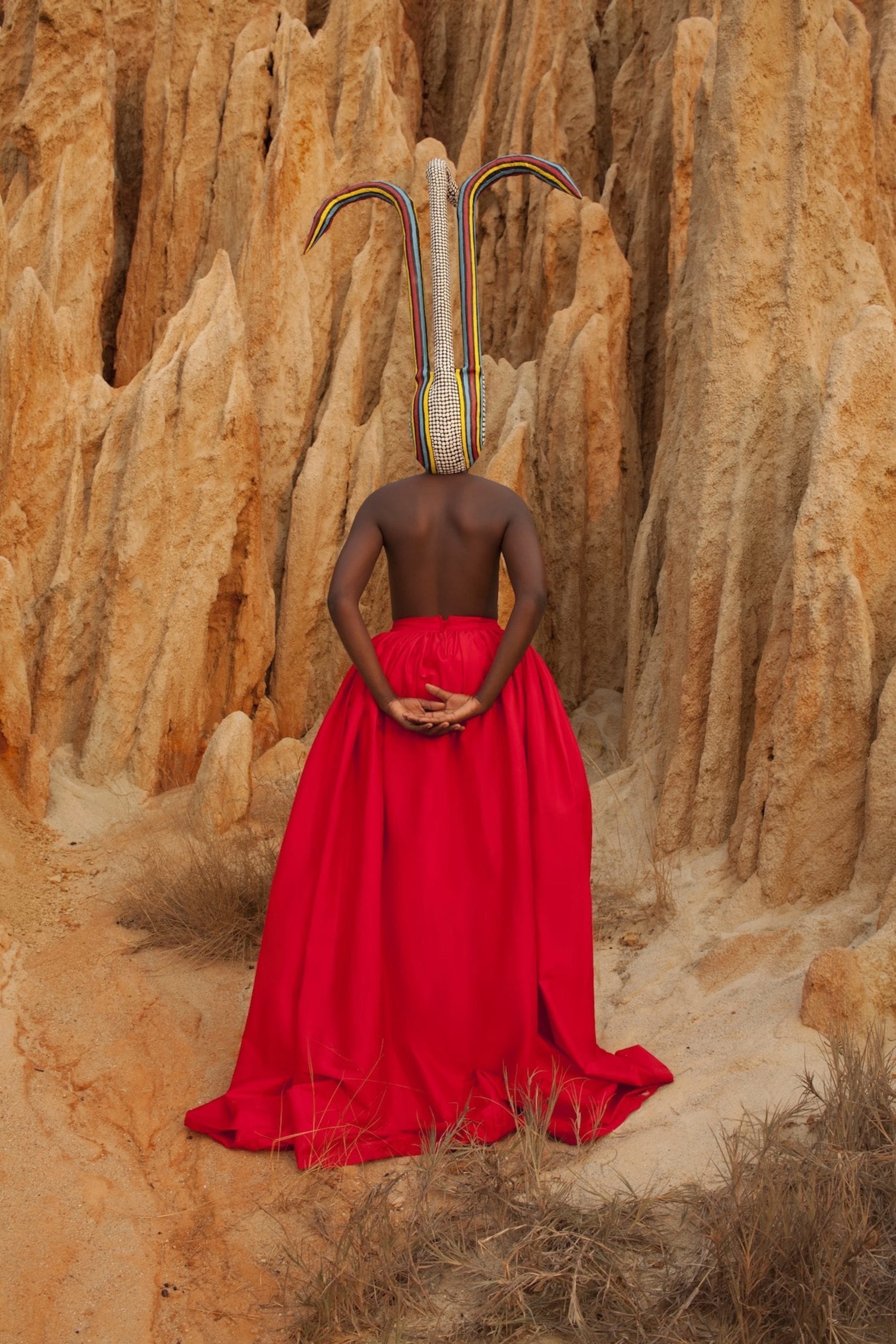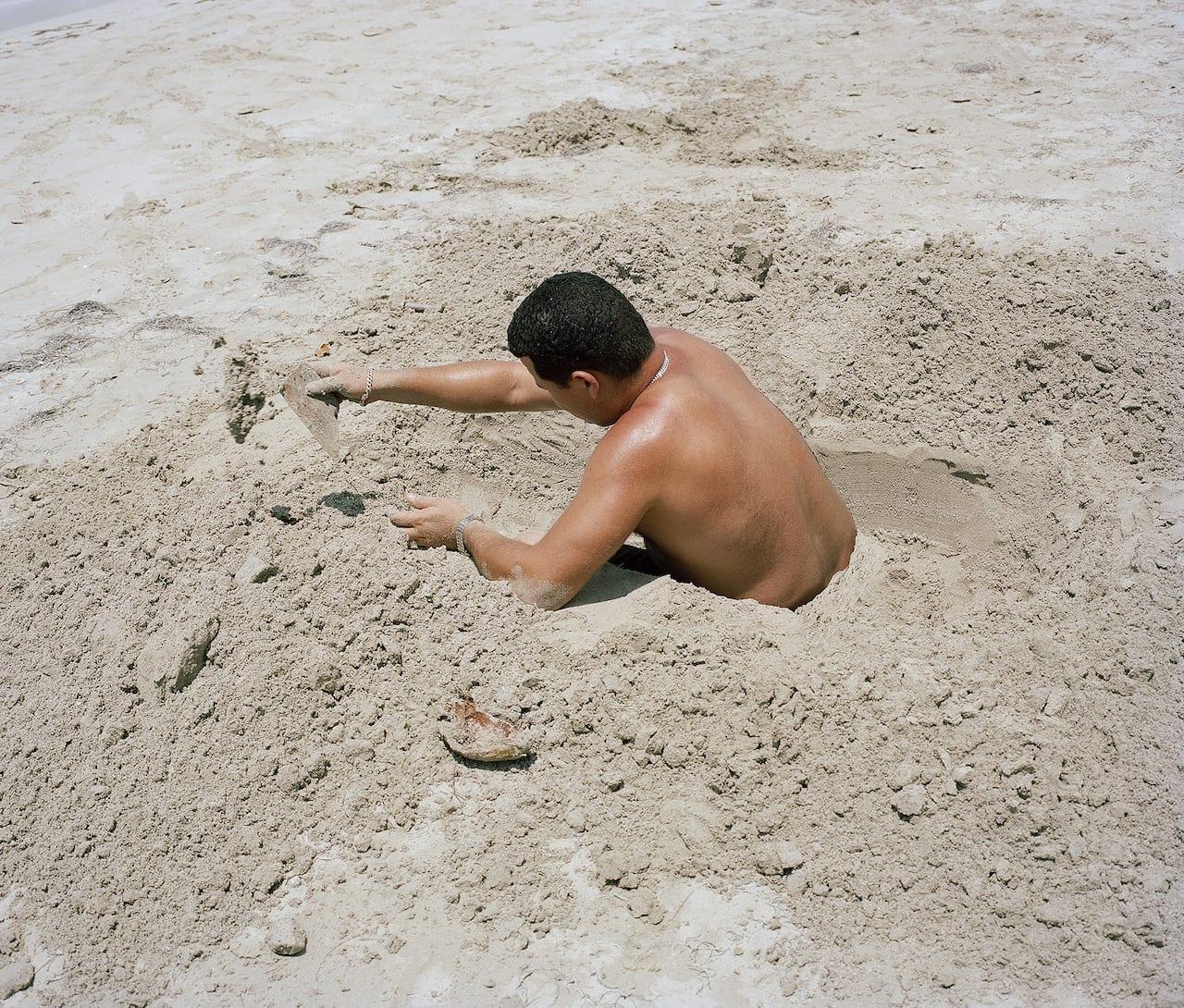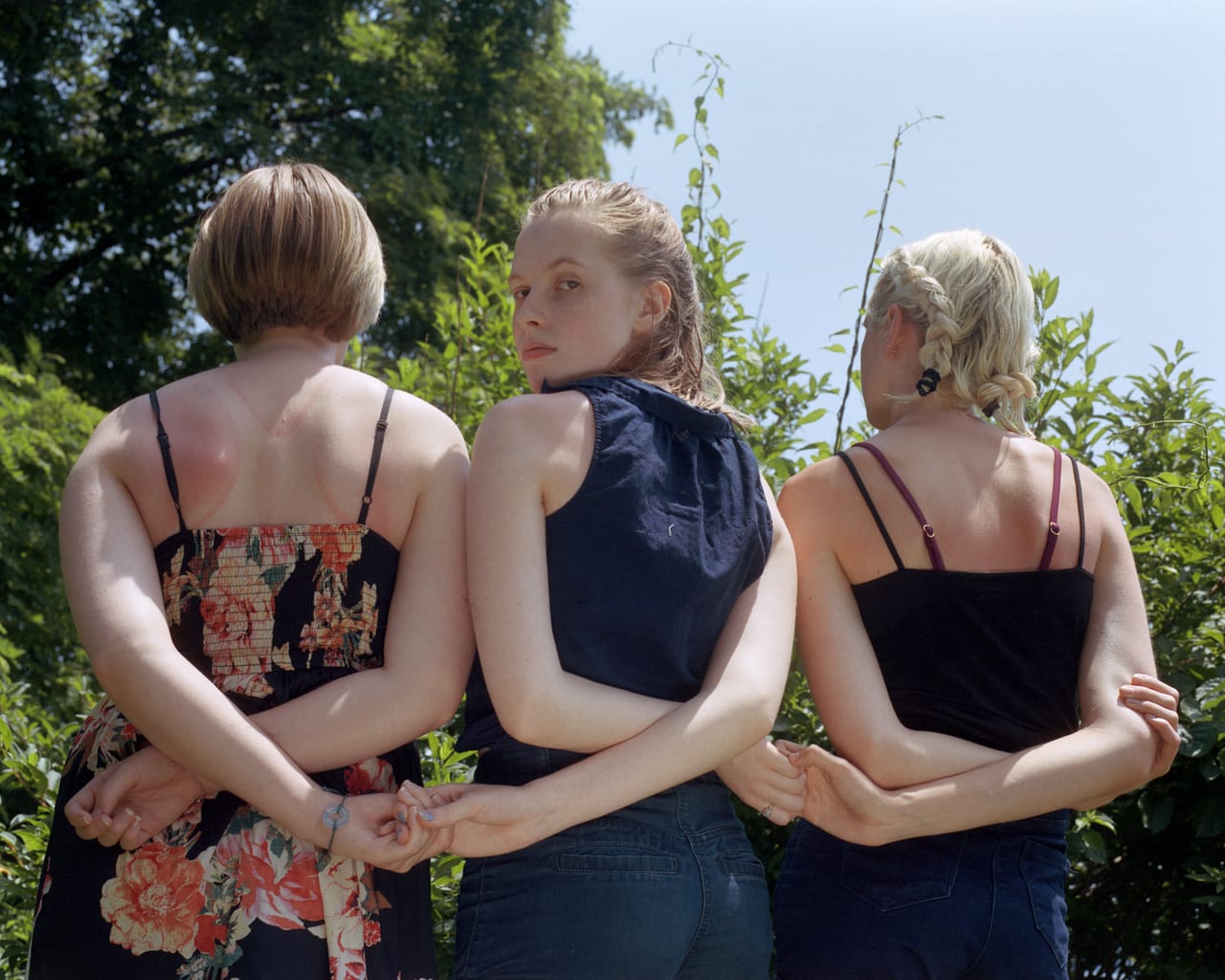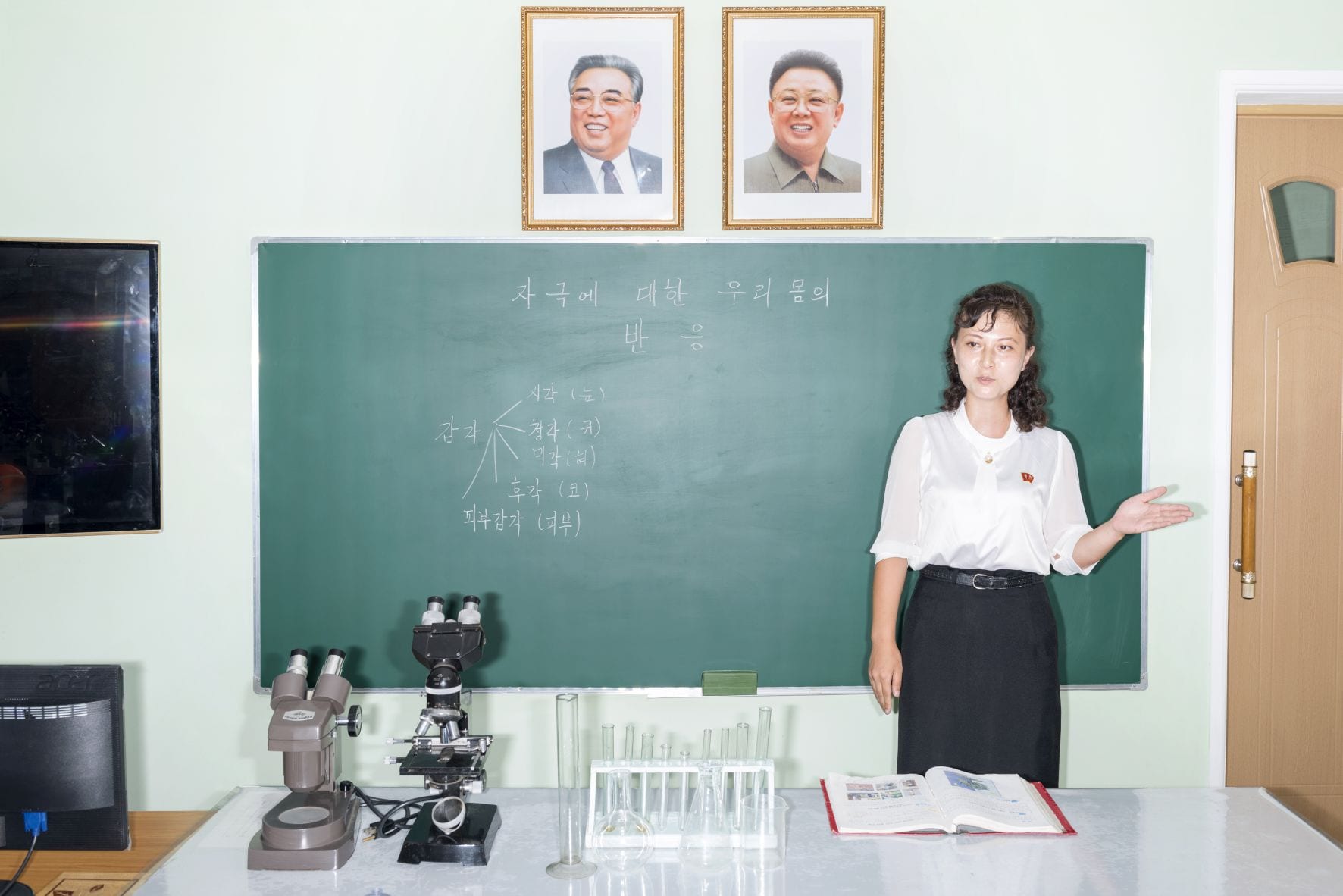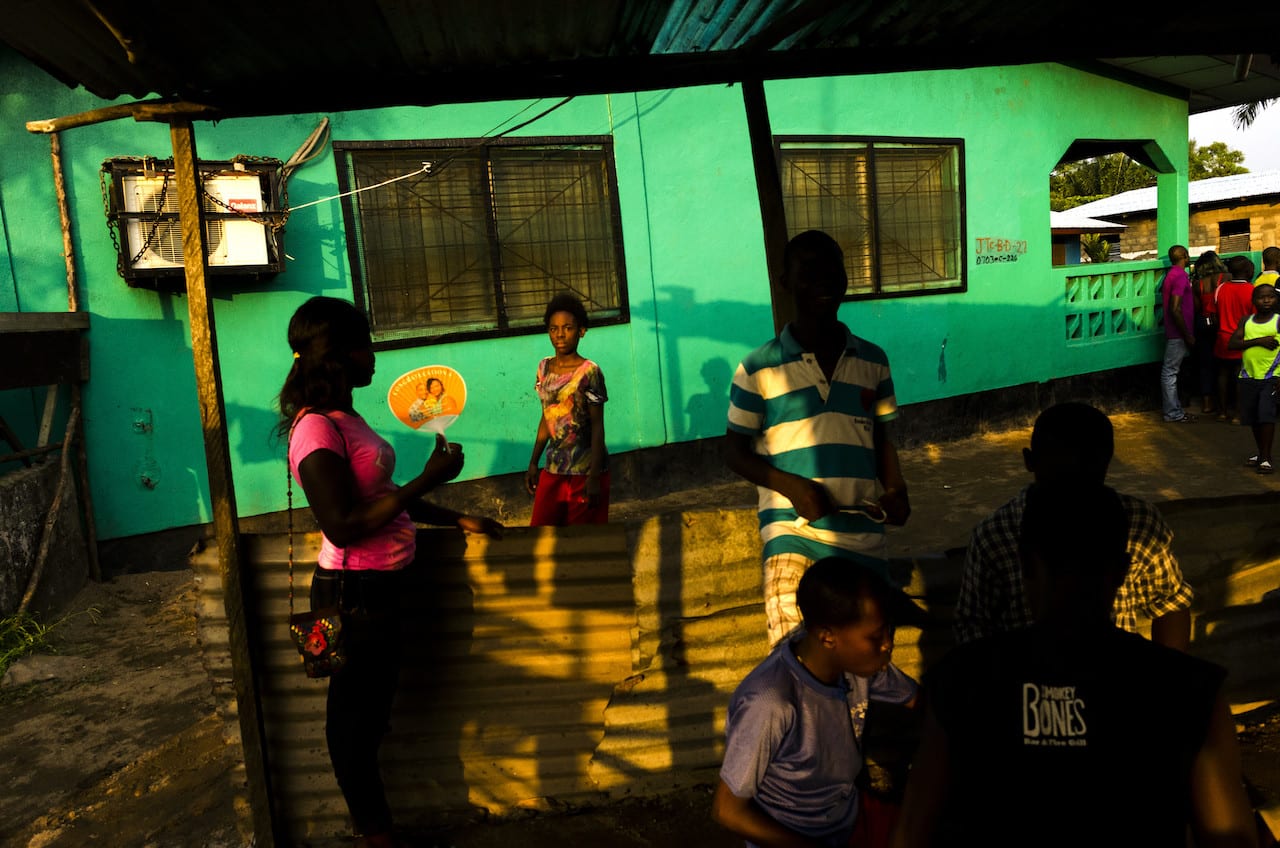“South Africa is a deeply religious country,” says Giya Makondo-Wills, whose work-in-progress, They Came From the Water While the World Watched, maps out the interplay between Christianity and ancestral religion in the region. With four trips to the country under her belt so far, the 23-year old has travelled as much into the past as in the present, tracing the indelible repercussions of 19th-century European migration as they resonate through South African culture today.
Makondo-Wills, who is British-South African, became interested in her African grandmother’s faith while shooting another project. “She’s very Orthodox Christian but she also still practises ancestral religion, and that’s a core part of who she is. She prays to a God and the gods,” the photographer explains.
This duality got her thinking about the intersections of belief systems and how they were brought into contact. How did Christianity become so influential? How does it co-exist with indigenous religions? Building on her interests in race and identity, these questions soon elicited many others, spawning a long-term project that has carried her from a BA to an MA at the University of South Wales.

